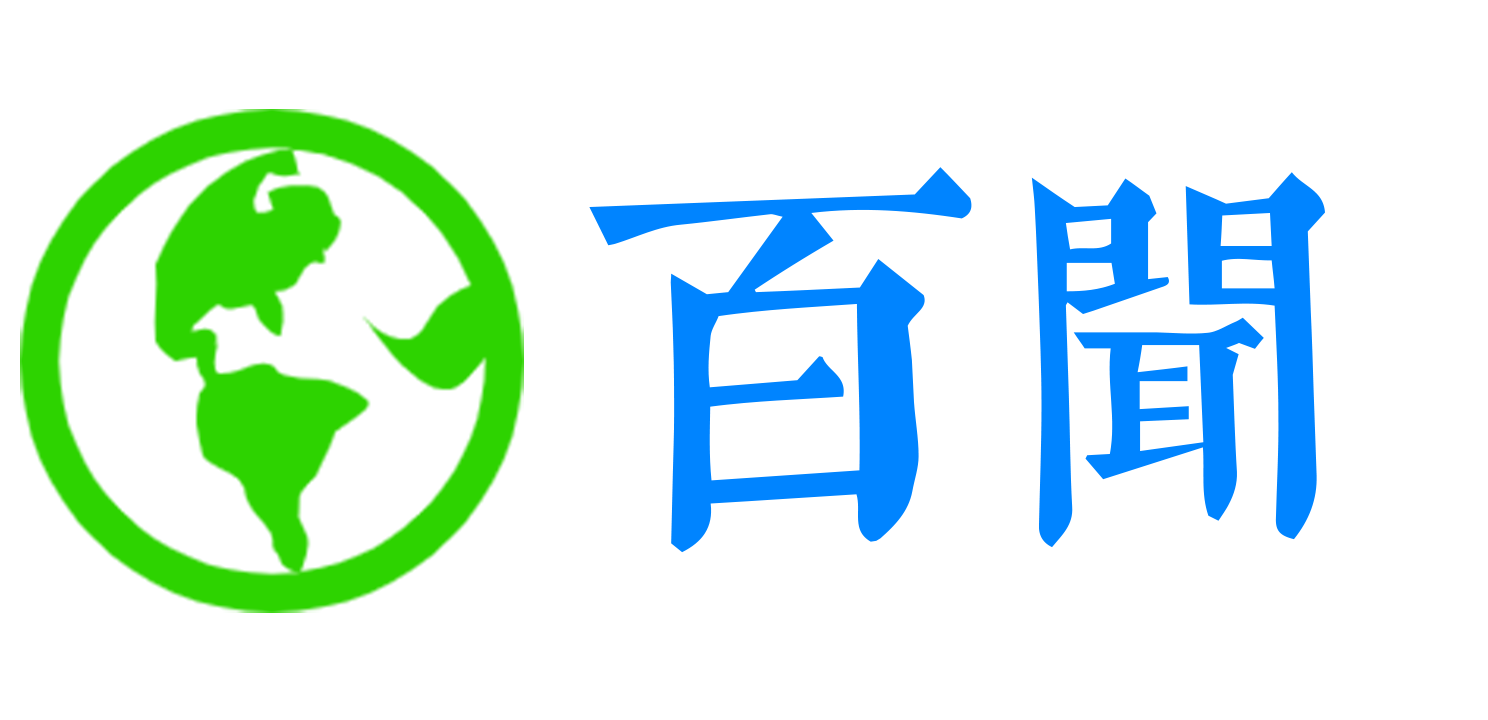本文目录一览:
- 1、惊喜用英语怎么说
- 2、惊喜的英文怎么写
- 3、惊喜的英文
- 4、"惊喜"用英文怎么写?
- 5、惊喜的英语怎么说?
惊喜用英语怎么说
惊喜的英文:pleasant surprise
惊喜;愉快的惊奇
一、pleasant
英 [ˈpleznt] 美 [ˈplɛzənt]
adj.令人愉快的;可爱的;有趣的;晴朗的
二、surprise
英 [səˈpraɪz] 美 [sərˈpraɪz]
vt.使惊奇;突袭;意外发现
n.惊喜,惊奇;意外的事
1、I do love pleasant surprise!
我太很喜欢意外的惊喜了!
2、Can you imagine there being a big pleasant surprise for you?
你能想象有一个大的惊喜等着你吗?
扩展资料
同义词辨析:surprise、startle、amaze、astonish
1、surprise 指使惊奇、使诧异、使感到意外:
The outcome didn't surprise me at all.
这一结果完全在我的意料之中。
2、startle 指惊吓、使吓一跳、使大吃一惊:
Sorry, I didn't mean to startle you.
对不起,我不是存心要吓唬你。
3、amaze 指使惊奇、使惊愕、使惊诧:
Just the huge size of the place amazed her.
仅仅地方之大就使她十分惊奇。
4、astonish 指使十分惊讶、使大为惊奇:
The news astonished everyone.
这消息使大家十分惊讶。

惊喜的英文怎么写
惊喜的英文为:surprise。
读法:英 [səˈpraɪz] 美 [sərˈpraɪz]
1、作名词时,意思有:意想不到(或突然)的事;令人惊奇的事(或消息等);惊奇;惊讶;意外;出人意表的做事方式;出奇制胜的策略。
示例:I have a surprise for you: We are moving to Switzerland!
我有一个惊喜的消息要告诉你:我们要搬去瑞士了!
2、作动词时,意思有:使惊奇;使诧异;使感到意外;出其不意地攻击;使措手不及;无意中发现。
示例:We'll solve the case ourselves and surprise everyone
我们要自己解决这件事,然后让所有人感到吃惊。
扩展资料
近义词
1、astound
英 [ə'staʊnd];美 [ə'staʊnd]
v. 使惊骇;使大吃一惊
例:Her elopement astounded her parents.
她的私奔使她的父母大为震惊。
例:The figures revealed by the report are astounding.
这份报告透露的数字使人震惊。
2、amaze
英 [ə'meɪz] ;美 [ə'meɪz]
vt. 使吃惊;使惊异
vi. 惊讶
n. 吃惊;好奇
例:He amazed me by his audacity.
他的无理让我惊骇。
例:I was amazed to find her there.
发现她在那,我感到很吃惊。
惊喜的英文
惊喜的英文是surprise。
n惊奇;惊喜;惊讶;突然。
vt使惊奇;使惊喜;突然袭击;惊讶地发现。
例句:It was a great surprise to learn of her marriage。
翻译:得知她结婚是一件十分令人惊喜的事。
短语:
1、affect surprise故作惊讶。
2、ask with surprise惊奇地问。
3、attempt surprise企图突袭。
4、cause surprise引起惊讶。
5、conceal surprise掩盖惊讶的心情。
surprise的用法:
一、v(动词)。
1、surprise是及物动词,其宾语常是人称代词。接名词、代词或以现在分词充当补足语的复合宾语。
2、surprise后接介词at表示“对......感到惊讶”;后接介词from表示“出其不意使......说了”;后接介词into表示“出其不意地使人......”;后接介词with表示“以......使(某人)惊奇”。
二、n(名词)。
1、surprise表示“惊奇,惊讶”,用作不可数名词;表示“令人吃惊的事物”,用作可数名词。
2、surprise在句中还可用作定语。
"惊喜"用英文怎么写?
"惊喜"英文:surprise
发音:英 [səˈpraɪz] 美 [sərˈpraɪz]
具体释义:
vt.使惊奇; 突袭; 意外发现;
n.惊喜,惊奇; 意外的事;
过去式: surprised 过去分词: surprised 现在分词: surprising 第三人称单数: surprises
例句:
1、“I have a surprise for you, ” he said.
“我给你带来一个意外之喜。”他说。
2、At one level this should come as no surprise.
某种层面上这不应让人感到惊讶。
3、The surprise gift is a thankyou for our help.
这份意外的礼物是为了感谢我们给予的帮助。
扩展资料
词根: surprise
adj.
surprised 感到惊讶的,出人意料的
surprising 令人惊讶的;意外的
adv.
surprisingly 惊人地;出人意外地
surprisedly 吃惊地;诧异地
n.
surprisal 惊异
v.
surprised 使惊奇(surprise的过去分词形式)
surprising 使惊奇;意外发现(surprise的ing形式)
惊喜的英语怎么说?
惊喜的英文是surprise,音标是英、美。
释义:
1、n.意想不到(或突然)的事;令人惊奇的事(或消息等);惊奇;惊讶;意外;出人意表的做事方式;出奇制胜的策略
It's a surprise to me that he failed the exam.
他考试没及格,这对我来说是件意想不到的事。
2、v.使惊奇;使诧异;使感到意外;出其不意地攻击;使措手不及;无意中发现
Her familiarity with Japanese surprised me.
她对日语的熟谙使我惊奇。
第三人称单数:surprises
现在分词:surprising
过去式:surprised
过去分词:surprised
扩展资料:
词义辨析:
v. (动词)
surprising, surprised
surprise的现在分词和过去分词都可用作形容词,在句中作主语或表语,但两者含义不同:surprising指施加影响于人,使人产生惊讶的情绪;而surprised指人受到外界影响而产生惊讶的情绪。
surprise, startle, wonder
这组词都有“惊异”“震惊”的意思。其区别在于:wonder指对异常现象或难以解释的事感到“惊讶”或“疑惑”;surprise是普通用词,表示各种各样的惊讶;startle指因没有提防而“大吃一惊”或“吓了一跳”。
surprise, alarm, amaze, astonish
这组词共同的意思是“惊异”“震惊”,它们之间的区别是:
1.surprise语气最强,alarm次之,astonish更次之,amaze最弱。
2.在使用场合上:surprise指对事出突然或意外而“惊奇”“惊愕”甚至“震惊”;alarm指由于某种危险或不祥之兆而“惊恐”;astonish指事情的发生不可思议而“难以置信”;amaze指对不太可能的事或根本不可能发生的事而感到“迷惑不解”。
